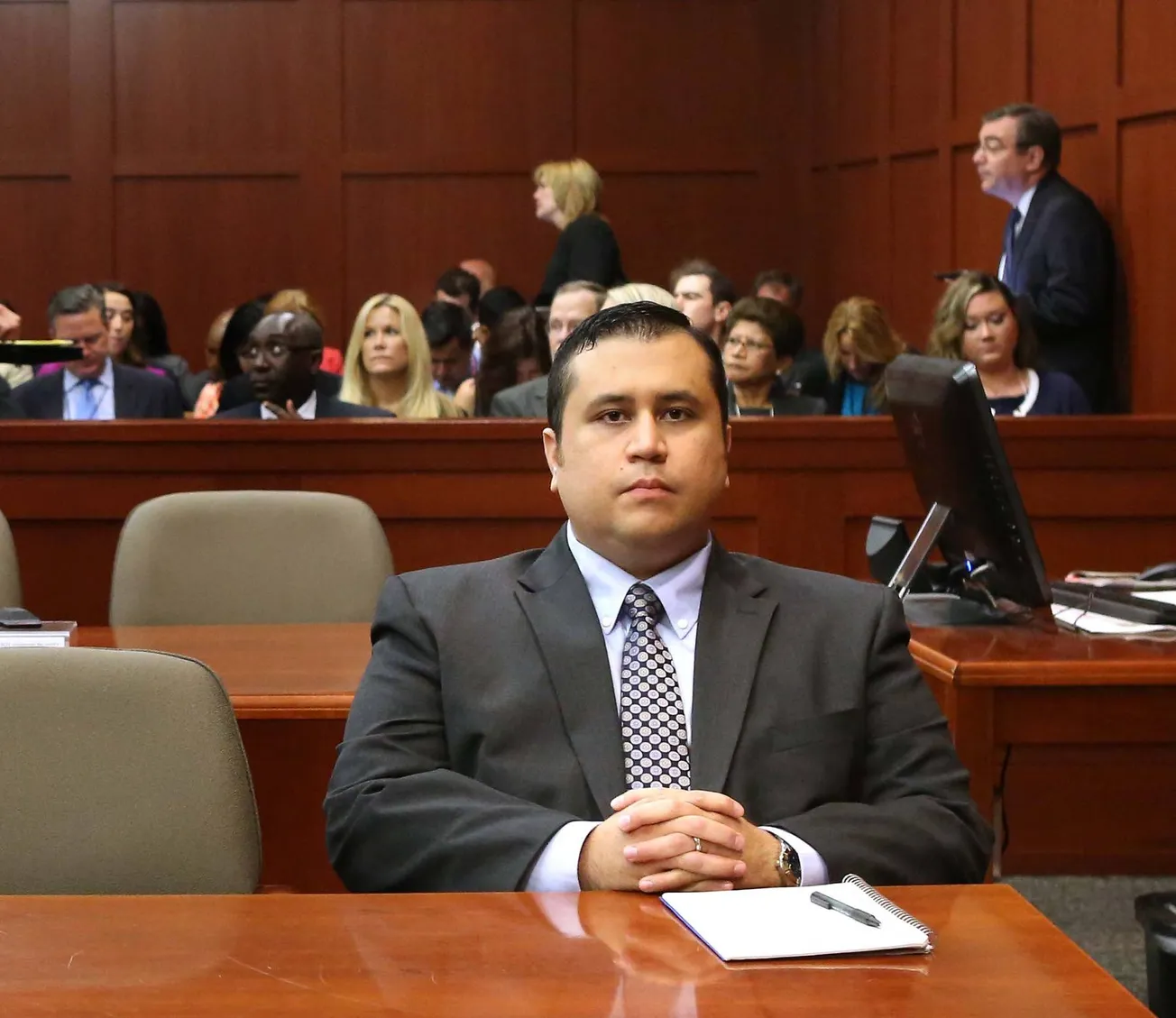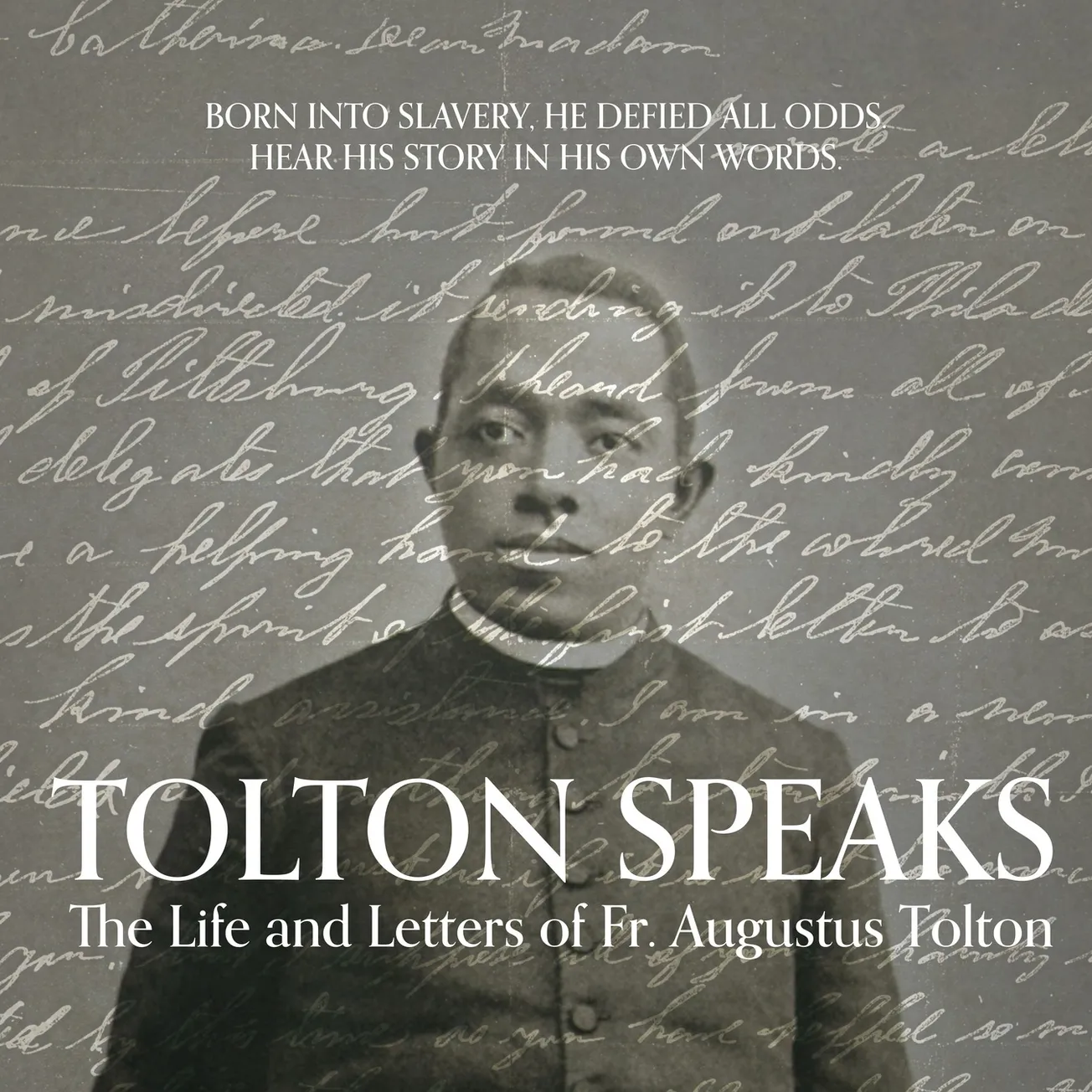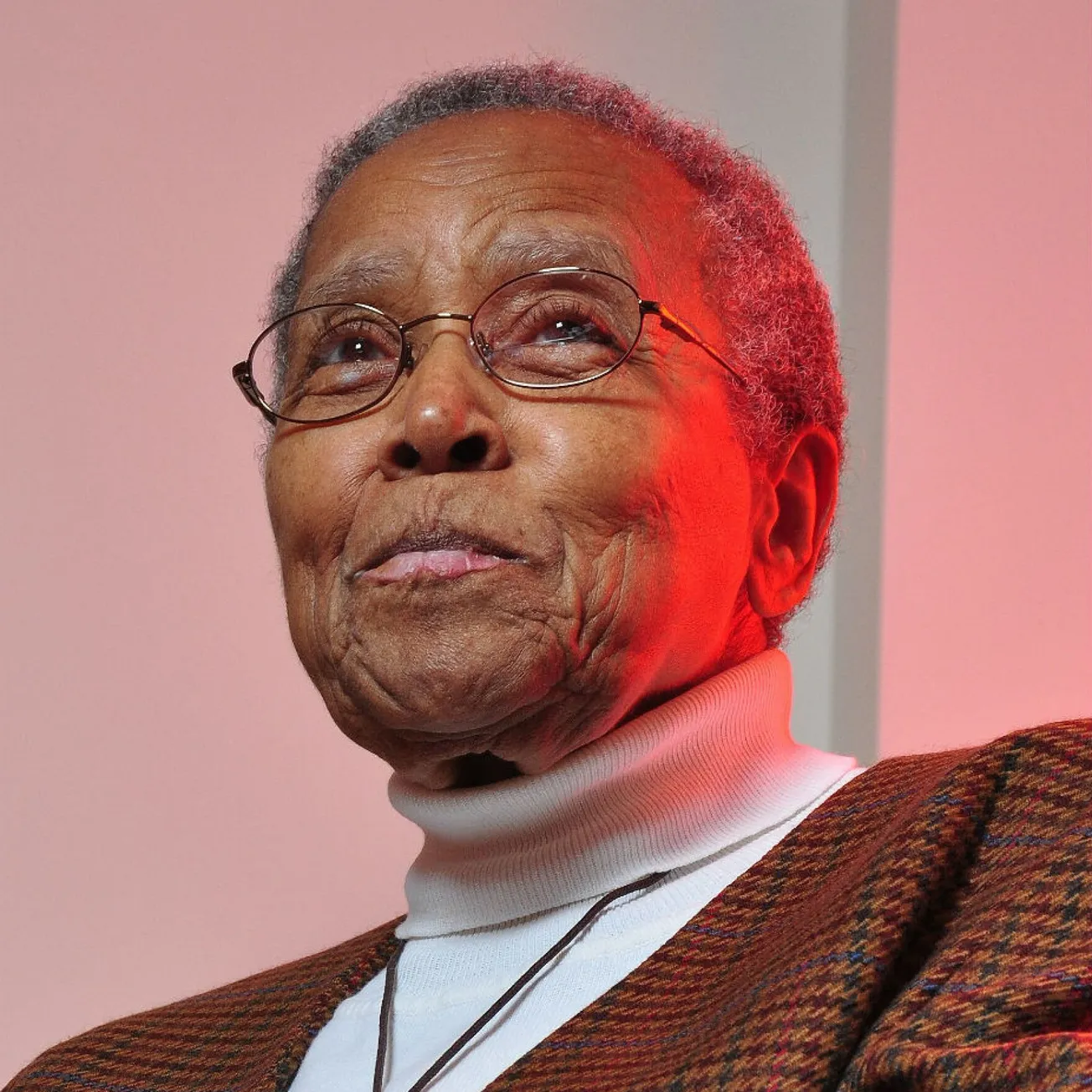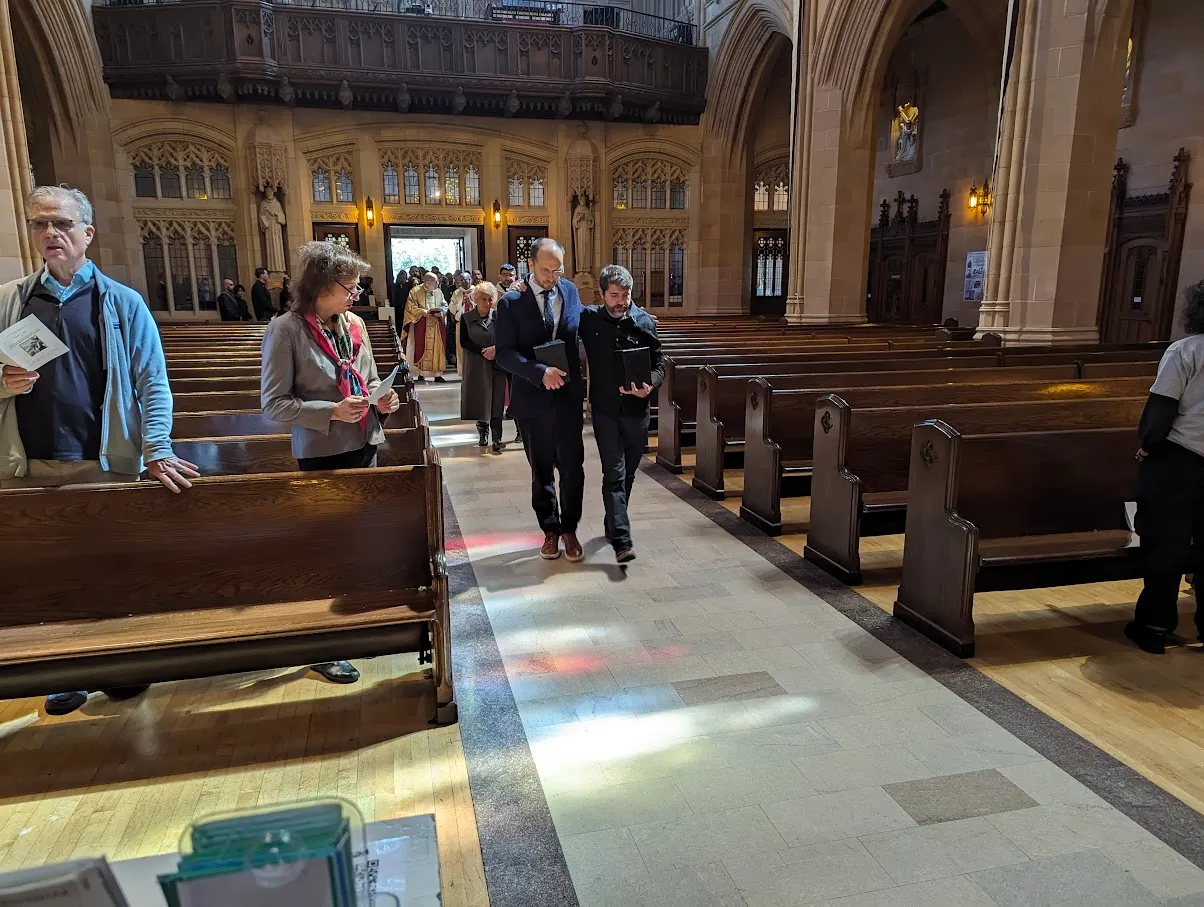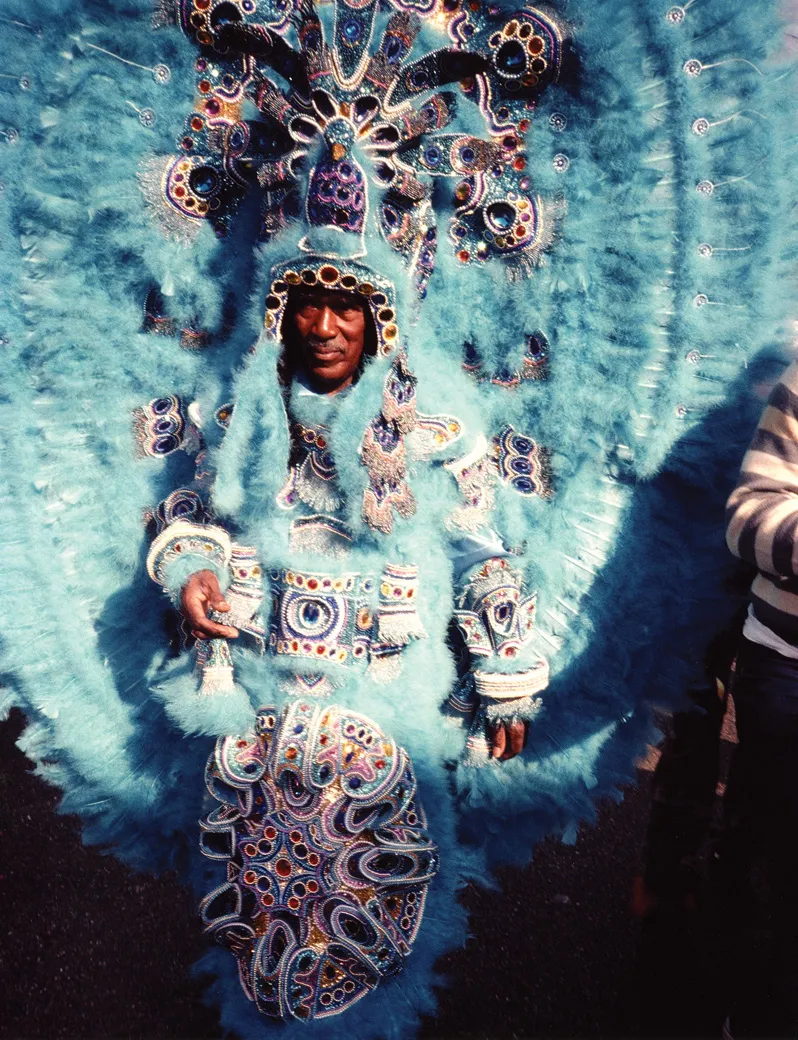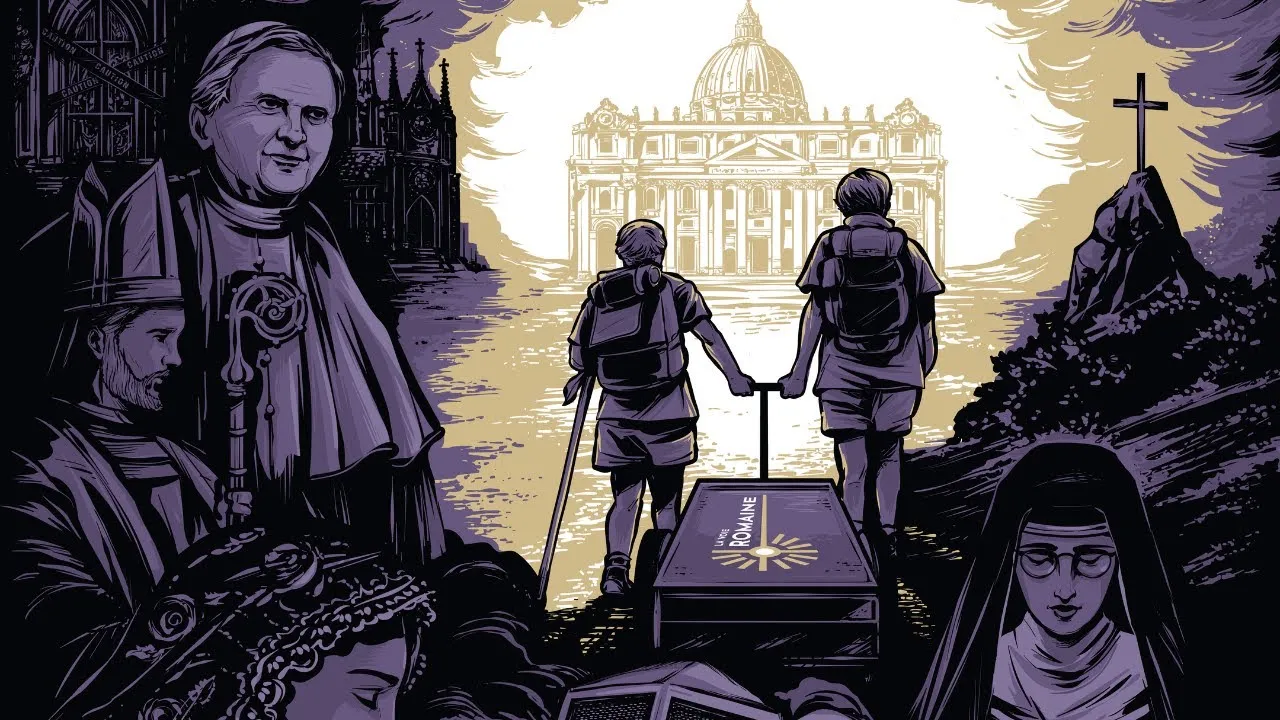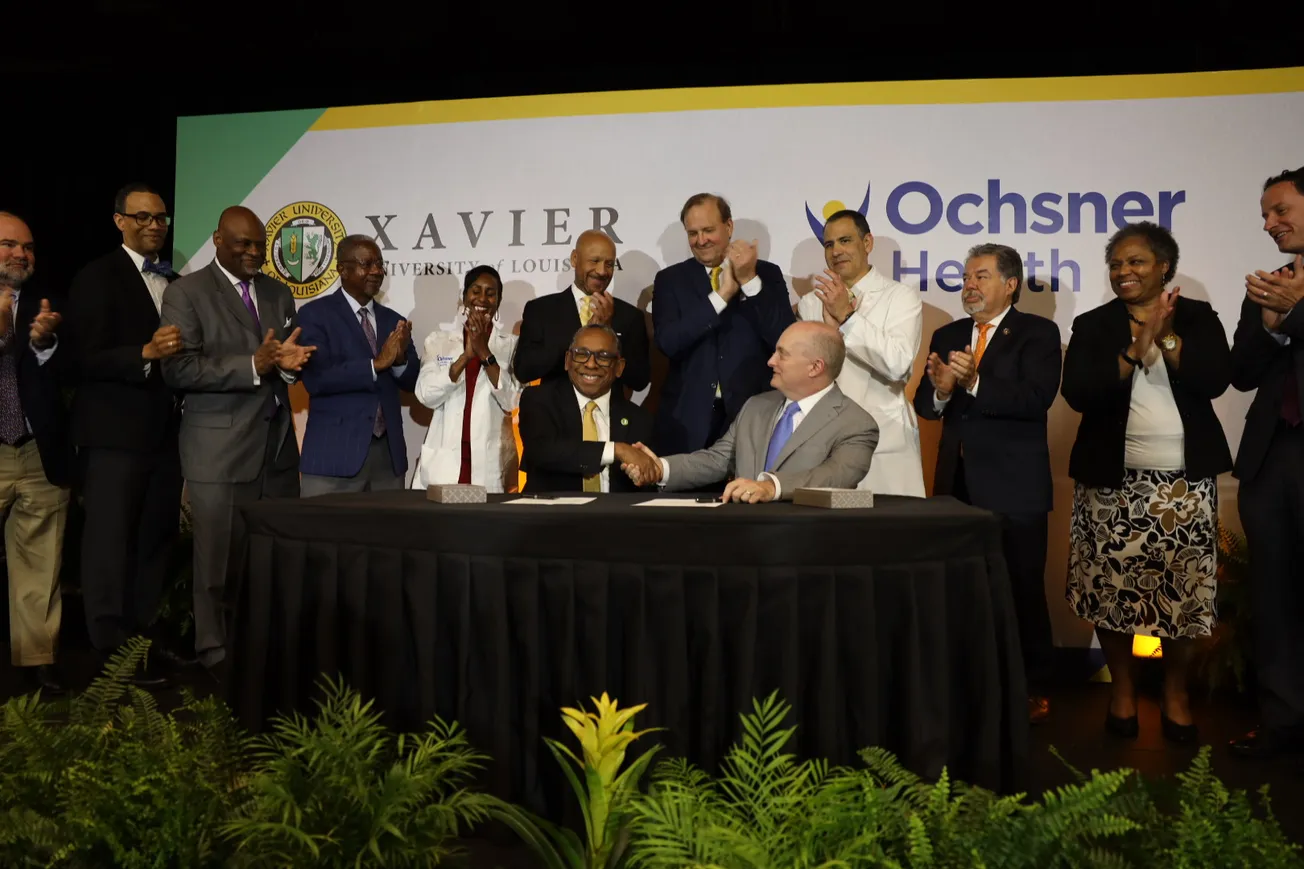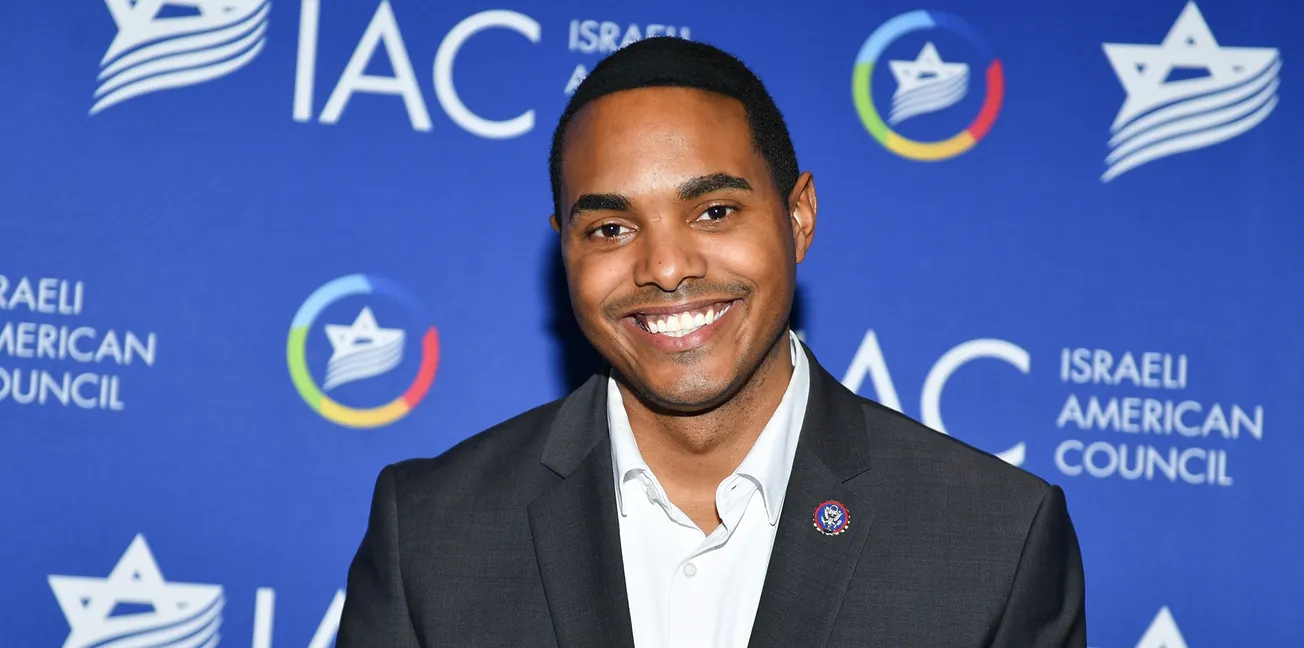Editor's note: 10 years ago this week, George Zimmerman was acquitted in a circuit court for the murder of 17-year-old Trayvon Martin in Sanford, Florida. Today, Dorothy Dempsey offers a laywoman's analysis of the trial proceedings.
Mark O’Mara, the defense attorney for George Zimmerman in his 2013 trial for the killing of Trayvon Martin the previous year, stated that Martin had the option of running to his father’s house during a four-minute period after first encountering his soon-to-be killer. Therefore, O’Mara felt there was no need for Trayvon to confront Zimmerman.
George Zimmerman's options far outweighed Trayvon’s options.
Zimmerman’s legal posse included his father, Robert Zimmerman Sr., a retired U.S. Magistrate Judge; his uncle, Jorge Meza, a command sergeant major and Orange County sheriff; and his mother, a court clerk. Even in death, Trayvon's outlook was very bleak indeed.
From the time that Zimmerman entered the police station until the moment he received a non-guilty verdict, the law was on his side. Every stop that could be pulled, from judges to lawyers to law enforcement, was utilized.
Why do you think then-police chief Bill Lee released Zimmerman without holding him in jail? Lee, who was put on temporary leave, stated that he did not arrest Zimmerman because of a Florida statute that prohibits police from arresting someone who has an imminent fear of death or of great bodily harm. How did Zimmerman fear for his life, if he was the one that had a gun? Martin, a Black youth, was running for his life with Zimmerman in pursuit.
It would be interesting to know what kind of investigation was done, what kind of time period was allotted for it, and what prompted Lee to make a decision in favor of Zimmerman.
The judicial system also was not on Trayvon’s side. Judge Debra Steinberg Nelson presided in the case. O’Mara was doing an interview on television and singing Nelson's praises after being asked if she was being hard on him. He accidentally slipped and called her “Debra,” then quickly backtracked and called her “Judge Nelson.”
In the end, it was a slam-dunk case with no legal ramifications for Florida's “justice” system. What a celebration that must have been.
In my view, Zimmerman murdered an innocent young Black boy and felt justified in doing so. He was a former neighborhood watch captain licensed to carry a gun and therefore considered one of the “good ol’ boys.” If you take into consideration the gross mishandling of evidence and all the other factors, you know that, in some ways, Trayvon Martin seems to have died in vain. All the cards were stacked against him.

The media said that the FBI checked out Zimmerman's credentials and everything was all right. The question might be “Who else did the FBI check out?” It appears their investigation was not extensive enough. There was also no release of the statute on Zimmerman’s past offenses, which included domestic violence and attacking a law enforcement officer. These were avoided in court, with the attorneys ultimately showing none of Zimmerman’s character flaws.
Whatever the statute of limitations is in this case and place, the federal government should work on reopening an investigation into Zimmerman’s case, which likely involved an unfair trial to his benefit.
Serious consideration should be made of Zimmerman's father and uncle and all the police involved in the case, as well as Sean Noffke, the 911 dispatcher who took Zimmerman’s call that fateful night. Noffke is the one who asked Zimmerman if he was following Trayvon and spoke the famous words “We don't need you to do that.” He also testified that when Zimmerman used the words “asshole” and “f**king punk,” he just felt that Zimmerman did not seem angry.
When one listens to the recording of Zimmerman's call, one may understand why Noffke felt this way. Zimmerman did not sound angry. His voice sounded as emotionless as his demeanor appeared during the trial. One wonders why Zimmerman was using this monotone voice to report the incident—given that he later claimed to be fearing for his life.
It reminds you of his exaggerated head injury meant to make the puzzle fit concerning why he was following Trayvon. The whole scenario seemed to be a drama, acted out with Zimmerman as the leading man.
We realize that people who fear for their life express their fear in different ways. However, Zimmerman did not seem overly excited or stressed. He only said what he thought he should say. Perhaps he should have been tested for his state of mind, for drugs, and for alcohol immediately following Trayvon's death.
The federal government did not take immediate action against Zimmerman. The public identification of the injustice against Trayvon was ignored. His death was never vindicated because justice was not done. Healing for his broken family did not come and it seems the history of our nation will continue to repeat itself.
That history is a tainted tale of liberty and justice—but only for some.
Dorothy Dempsey is a senior citizen who loves to write. She thanks God for allowing her to share this gift through published articles in The St. Louis American, St. Louis Post Dispatch, Belleville News, St. Louis Catholic Review, and in various books.


